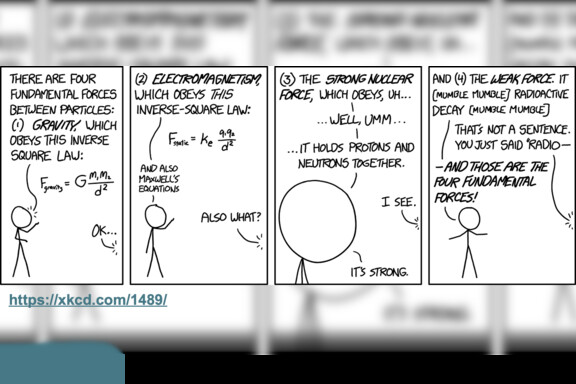Physics professor Ben Frandsen recently received an Early Career Award from the United States Department of Energy. The award was given to 76 scientists from across the country this year to bolster the nation’s scientific workforce by providing support to exceptional researchers during the crucial early career years when many scientists do their most formative work. As part of the award, Frandsen will receive $750,000 in grants over the next five years to research the structure and magnetism of next-generation energy materials. The funds will also support numerous graduate and undergraduate student researchers.
News and Events
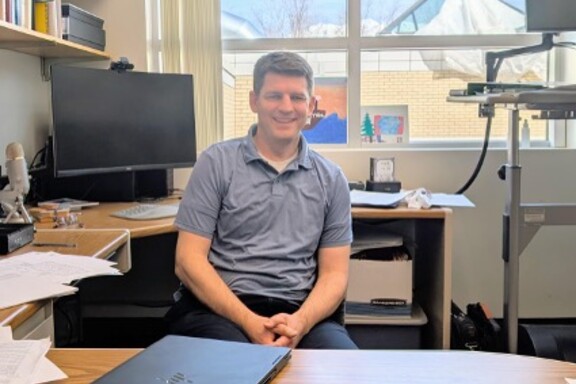
Dr. Michael Ware hopes to help students develop the skills to navigate discussion of science and religion

The university's new electron microscopy facility opened in fall of 2025, offering atomic-level imaging and student-led research.

Brian Anderson and his students celebrated BYU's 150th birthday by blowing out candles using high-intensity focused sound waves.
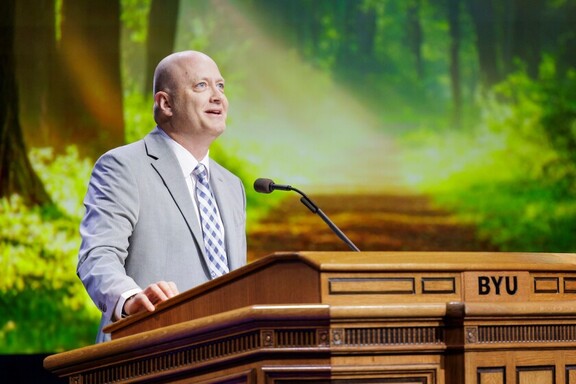
This year’s Karl G. Maeser Distinguished Faculty Lecturer, Kent Gee, delivered his forum address on the science of sound and how he and BYU students have contributed to significant research in the acoustics industry.
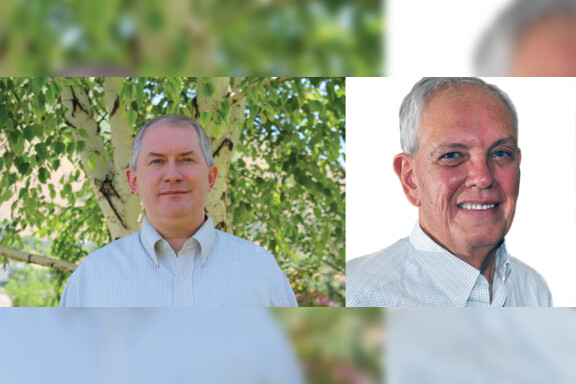
In July 2025, Drs. Branton Campbell and Harold Stokes (BYU Emeritus Professor) will receive the Kenneth N. Trueblood Award from the American Crystallographic Association for exceptional achievement in computational crystallography.
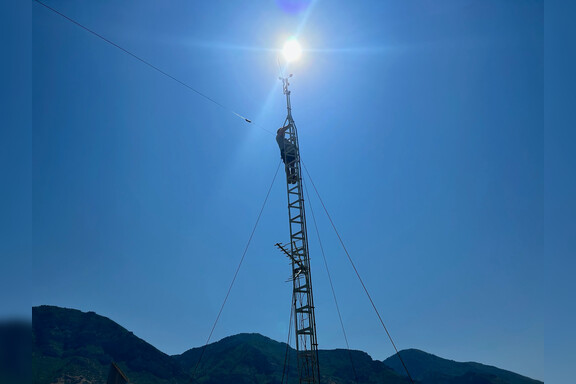
A group of undergraduate students braved the heat and heights of the ESC roof to install a new weather station. The station is up and running, and will hopefully record data for years to come.
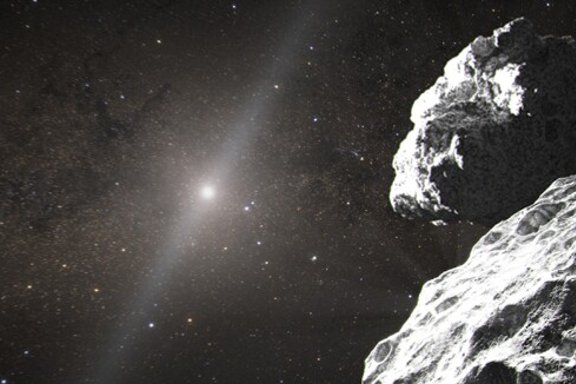
Using data from NASA's Hubble Space Telescope, a new study suggests that an object previously thought to be a binary system may be a rare triple system of orbiting bodies.
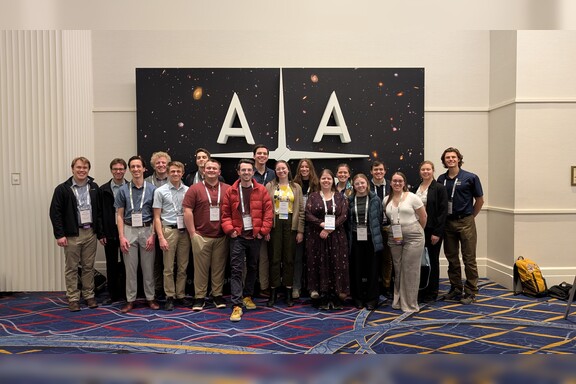
In early January 2025, a group of 16 students from Brigham Young University’s Physics & Astronomy Department showcased their research at the prestigious American Astronomical Society (AAS) in National Harbor, Maryland.

Dr. Gus Hart received the 2024 Karl G. Maeser Research and Creative Arts Award for his work in computational material science and his continued innovation in computational methods.

This winter, ten students in BYU’s new “Advanced Planetary Astrophysics” taught by Darin Ragozzine course gained hands-on experience in planetary science research, mastering interdisciplinary skills to prepare for future careers in astronomy.

Starting Fall 2025, BYU will offer a new Applied Physics: Data Science major that combines rigorous physics training with data science skills to prepare students for the growing demand in data-driven careers.

BYU's new Biological Physics course introduces students to the physics behind biological processes, fostering interdisciplinary skills to tackle complex biological questions.
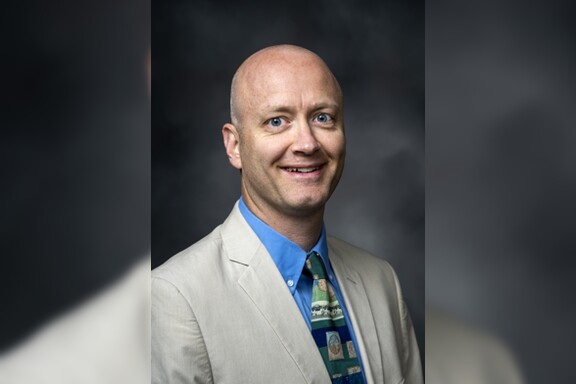
Dr. Kent Gee has been named the recipient of the Karl G. Maeser Distinguished Faculty Lecturer Award

